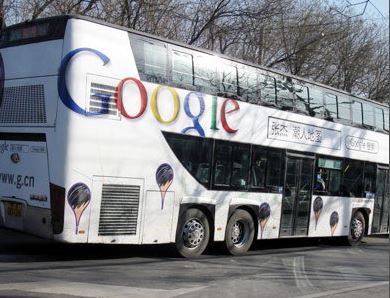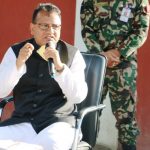18 Nov, Seoul:
South Korea today rejected Google’s request to export government-supplied data for its global mapping service, arguing it would make the country more vulnerable to attack by North Korea.
“There are concerns that Google’s request to export map data could escalate security threats amid confrontation between South and North Korea,” the land ministry said in a statement.
South Korea’s strict National Security Law prevents Google from exporting government-supplied maps on the grounds that it could expose the location of sensitive military installations.
Because the 1950-53 Korean conflict ended with a ceasefire rather than a peace treaty, the two Koreas remain technically at war.
Google, a unit of Alphabet Inc., operates its mapping services by exporting map data from each country to its headquarters in California and 14 data centres situated around the world including the US and Singapore.
It was forced to use a third-party server when it first rolled out Google Maps in the South in 2008, offering a limited, bare-bones version of its services.
Google argues that the South Korean law is outdated and unfairly restricts the company from providing a full range of mapping services, such as driving directions, public transit information and satellite maps.
The US tech giant backed up its complaint by claiming it could offer a wider range of services for isolated North Korea — including driving directions from the capital Pyongyang to the country’s main Yongbyon nuclear complex, and locations of the North’s notorious labour camps.
Seoul officials had proposed that Google blur out security information like power plants, military installations, government buildings and the presidential office on its mapping service.
In its statement on Friday, the government said Google had “turned down” the offer.
South Korea is among a handful of countries — along with China and Russia — where Google is not the number one ranked search engine.
The homegrown Naver search engine — which only uses government-supplied maps that camouflage sensitive installations — is the domestic leader in search and mapping services. AFP






